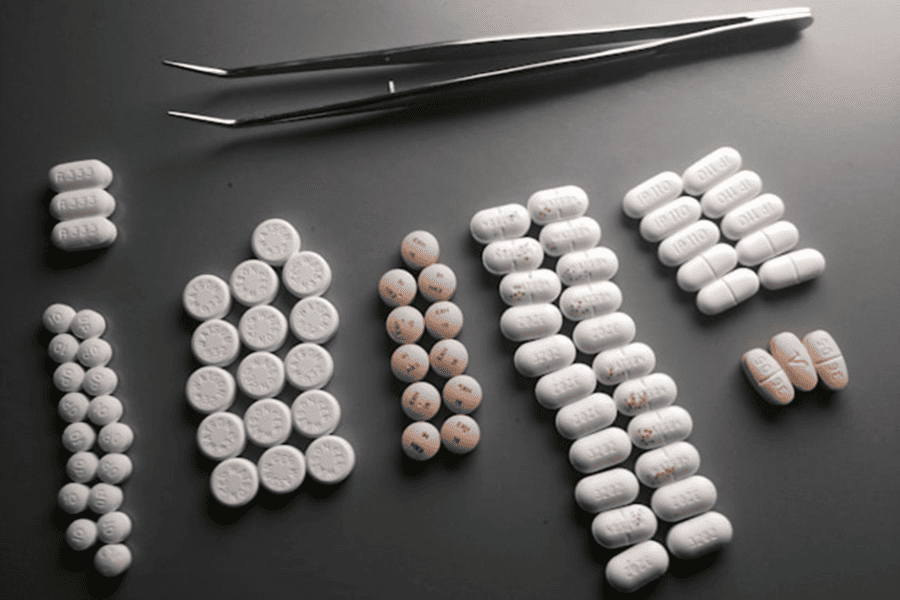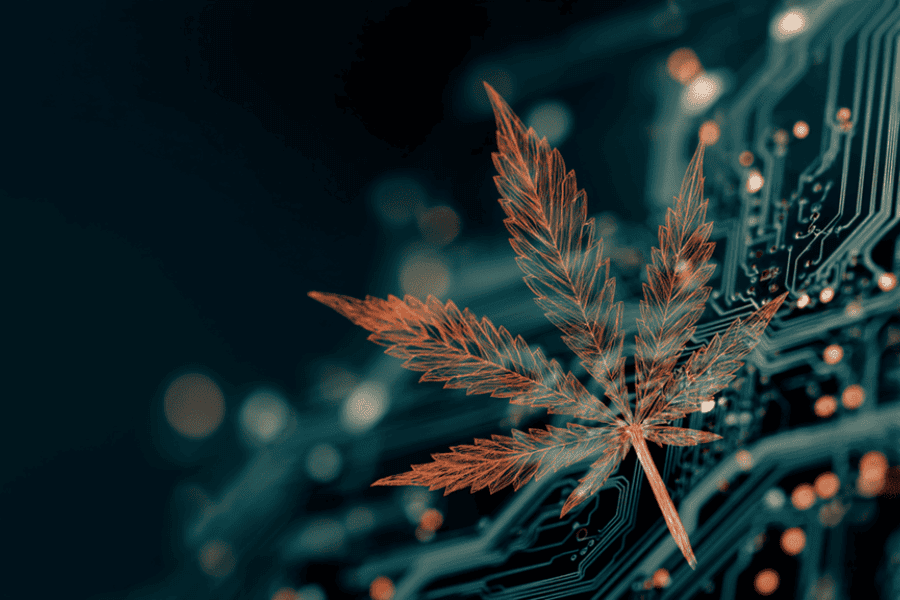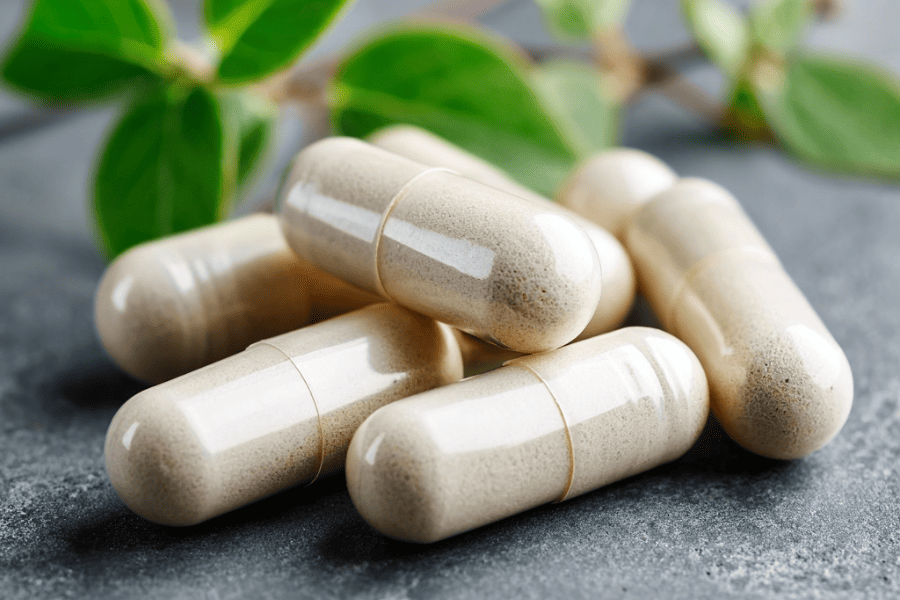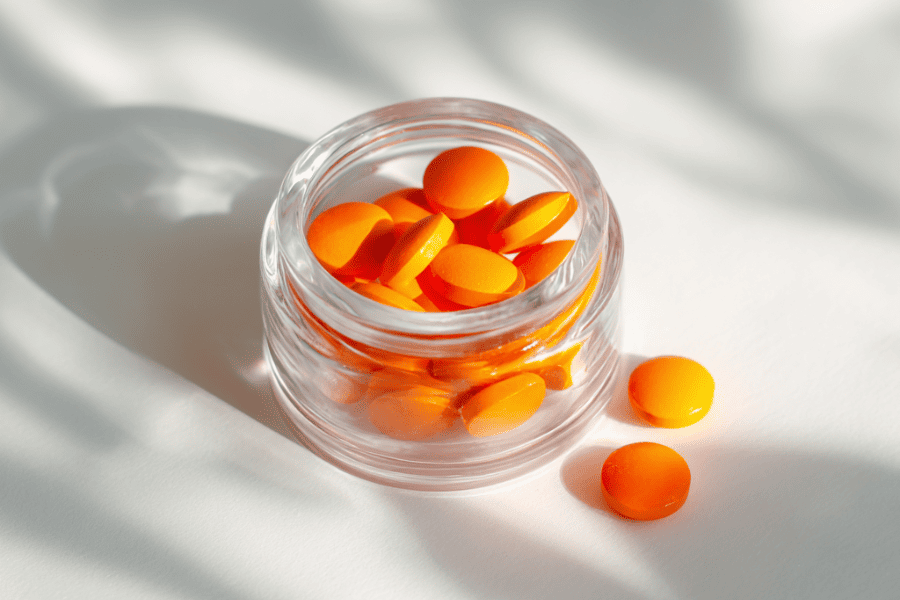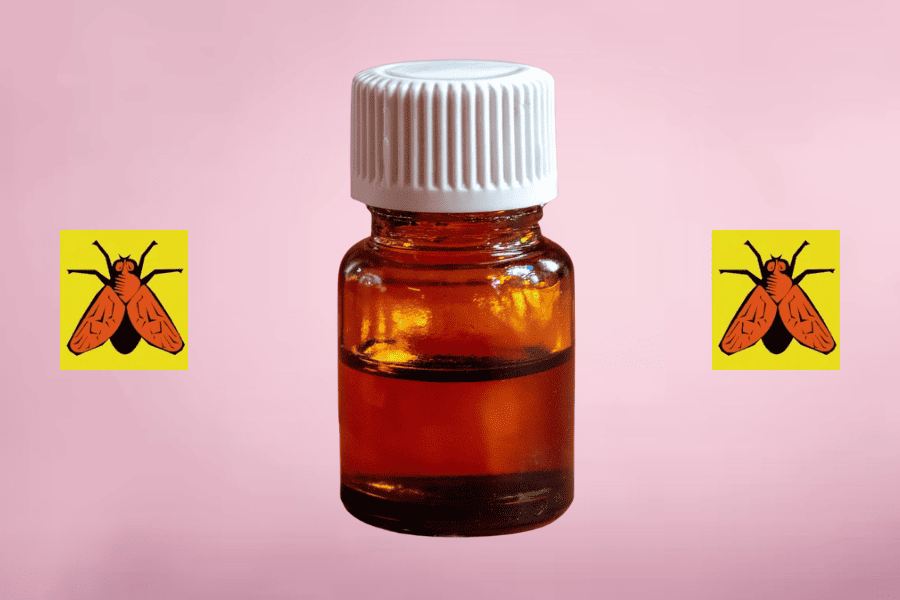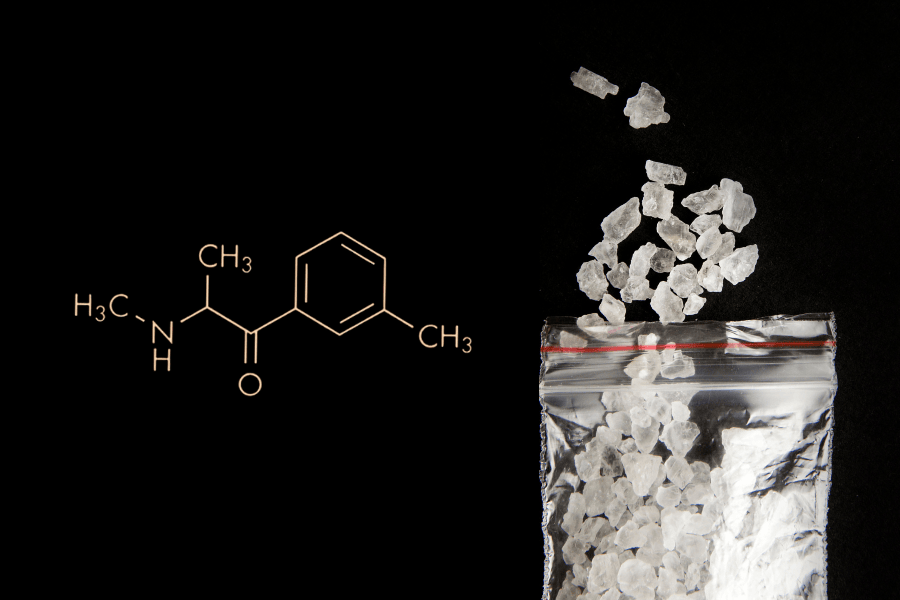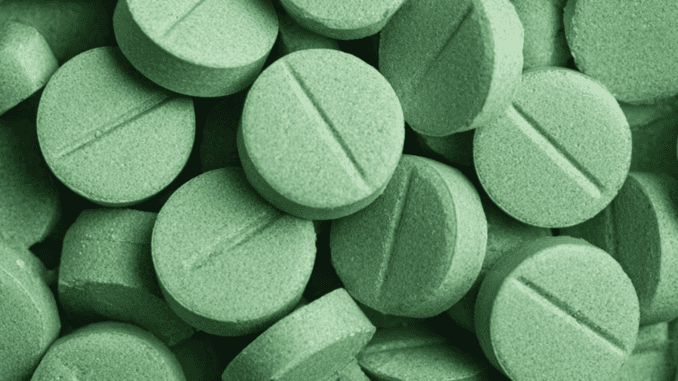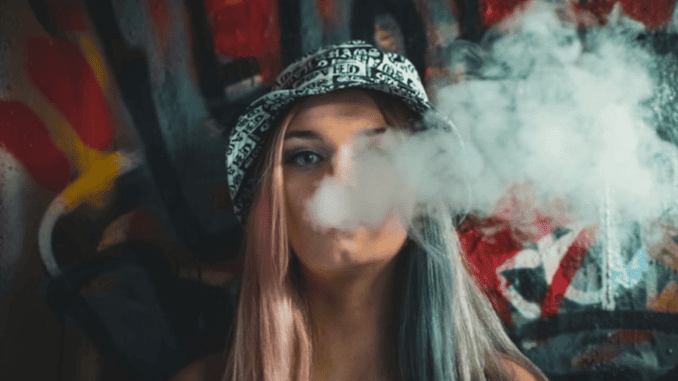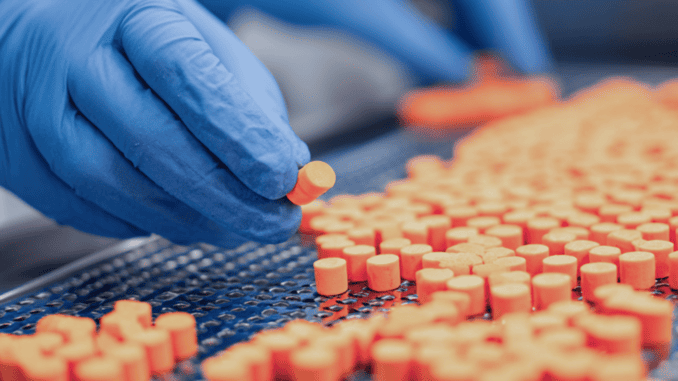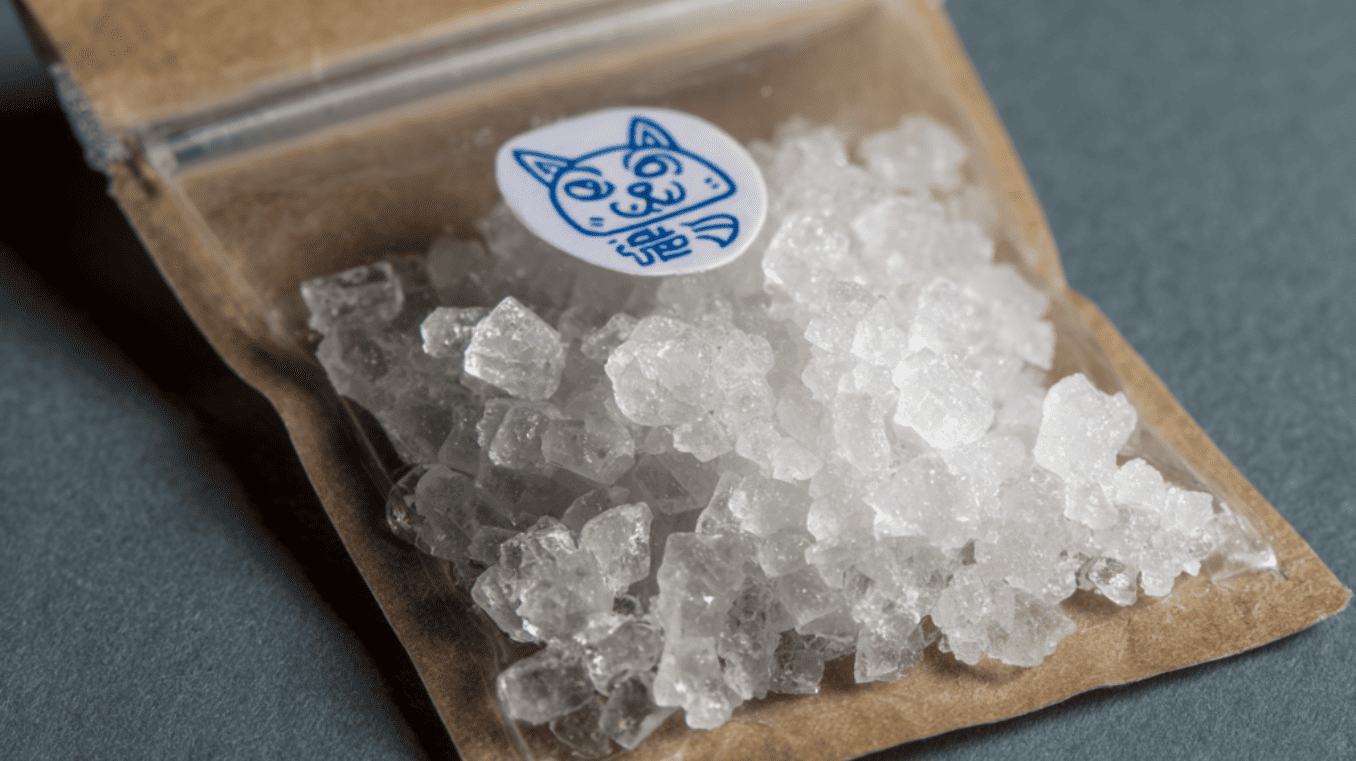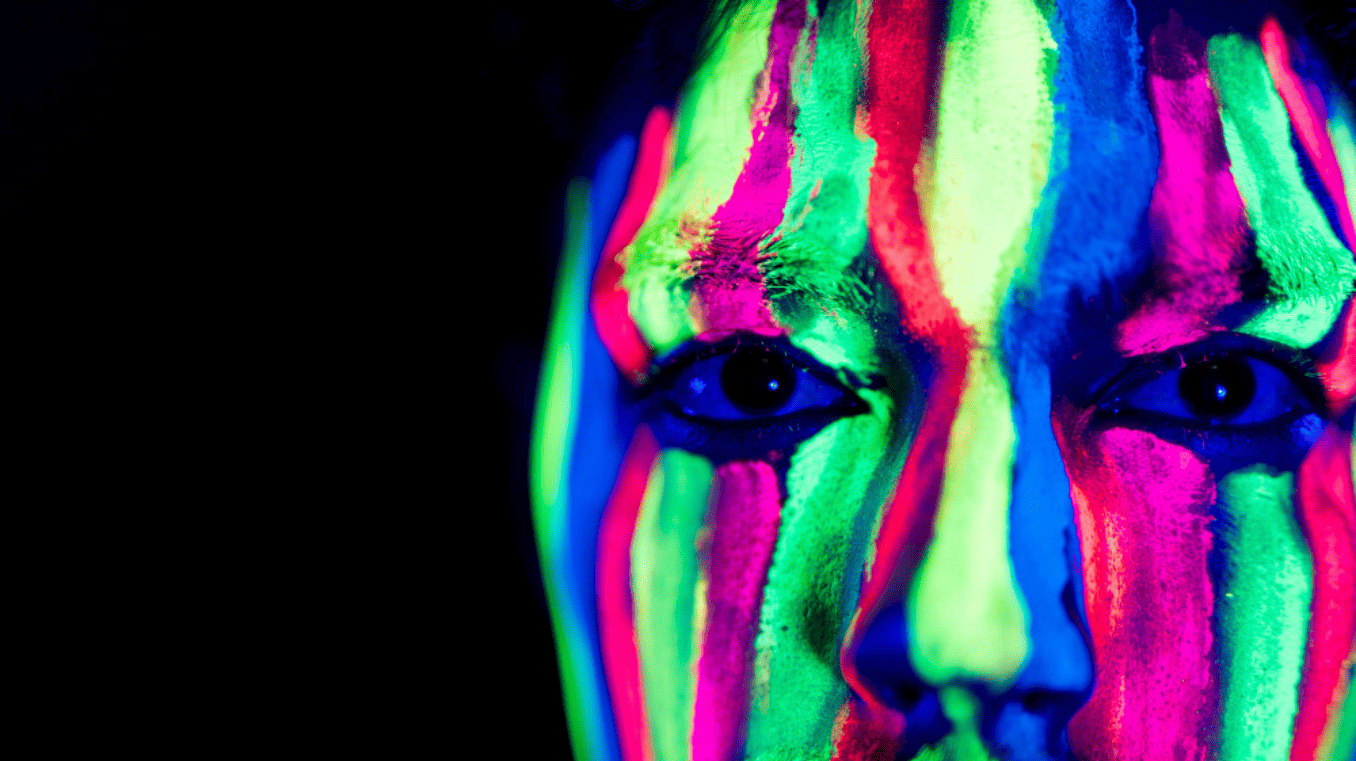Is GABA dangerous? Here’s what you should know
- Funcaps
- Blogs about research chemicals
- 21 Apr 2025
- 21views
- Reading time: 4 minutes

Having trouble sleeping? Feeling constantly stressed? While these symptoms can have multiple causes, an important one may be an imbalance in your neurotransmitters. These are chemical messengers in your brain, and among the roughly 100 different types, GABA is one of the most crucial. GABA is not dangerous—in fact, it's essential for supporting key brain functions. However, a deficiency in GABA can have serious consequences for your physical or mental well-being. In this article, you’ll learn what GABA does for your body and how to naturally support its production.
What is GABA?
GABA is a neurotransmitter—a naturally occurring chemical that transmits signals in the brain. GABA stands for gamma-aminobutyric acid and is formed from the amino acid L-glutamine. This process also requires cofactors such as taurine, magnesium, and vitamin B1. GABA is categorized as an inhibitory neurotransmitter because it reduces or even completely halts activity at the GABA receptors—similar to the effect of certain research chemicals like Fanax.
Two types of GABA receptors
In addition to the neurotransmitter itself, there are two types of GABA receptors located on neurons. GABA binds exclusively to these receptors—like a key fitting into a lock—to relay messages in the brain. These receptors are called GABA-A and GABA-B.
What does GABA do?
GABA is an inhibitory neurotransmitter, meaning it slows down or blocks communication between neurons. This results in a calming effect. It plays a key role in regulating brain activity and preventing overstimulation. This has a direct impact on your mood, anxiety levels, and various other neurological functions.
How to stimulate natural GABA production
GABA is produced naturally by the body, but you can support its production through a balanced and healthy diet. Nutrients like proteins, vitamins, and minerals are essential building blocks for GABA. Regular physical activity and meditation can also help enhance its production. Additionally, reducing your intake of sugar and caffeine is important, as excess consumption may decrease natural GABA levels.
What does GABA support?
GABA is voor meerdere fysiologische processen in ons lichaam van belang:
- Verbeteren kortetermijngeheugen
- Verminderen angsten
- Verbeteren gemoedstoestand
- Verminderen stress
- Verbeteren mentale gezondheid
- Bevorderen ontspanning
- Bevorderen nachtrust
- Onderdrukken epileptische aanvallen
Is a GABA deficiency dangerous?
Yes, a deficiency in GABA can be dangerous, as it can disrupt brain functions and potentially lead to psychological issues. Studies have shown links between GABA deficiency and conditions such as schizophrenia. Other research also connects GABA shortages to depression.
Symptoms of GABA deficiency
Worried you might be deficient in GABA? Common symptoms include:
- Irritability
- Anxiety disorders
- Low mood
- Depressive symptoms
- Seizures
- Muscle cramps
- Muscle spasms
- Mental health conditions
What causes a deficiency?
There is no single cause of GABA deficiency. Genetics may play a role, but chronic stress is also a major factor. Long-term use of certain GABA-agonists, such as alcohol, drugs, and specific medications, can lead to reduced GABA levels. Additionally, poor nutrition and hormonal imbalances can disrupt GABA production.
Are GABA supplements a good idea?
If you’re struggling with a GABA deficiency, supplements may help rebalance your levels. When taken properly and within the recommended dosage, side effects are generally minimal. However, it's best not to use these supplements for longer than three months at a time; experts recommend a two-week break after such a period. Always consult a doctor if you’re pregnant, breastfeeding, or taking other medications.
Combining GABA supplements with antidepressants
Antidepressants often interact with GABA receptors. Medications such as benzodiazepines treat depression symptoms by enhancing GABA function, which in turn can resolve GABA deficiencies. While scientific research is still ongoing, anecdotal reports from users online show mostly positive experiences with combining GABA supplements and antidepressants to treat negative moods and low energy.
The importance of further research on GABA
It has become increasingly clear in recent years that GABA is crucial for both physical and mental function. At the same time, the dangers of a GABA deficiency are more widely recognized. This explains the rising popularity of GABA supplements like Ashwagandha and rhodiola. If you’re using GABA supplements, make sure not to overdo it—excessive intake may lead to side effects. Moreover, if you’re not actually deficient in GABA, supplementing may offer little to no benefit. Continued research is essential to close knowledge gaps in this field.
